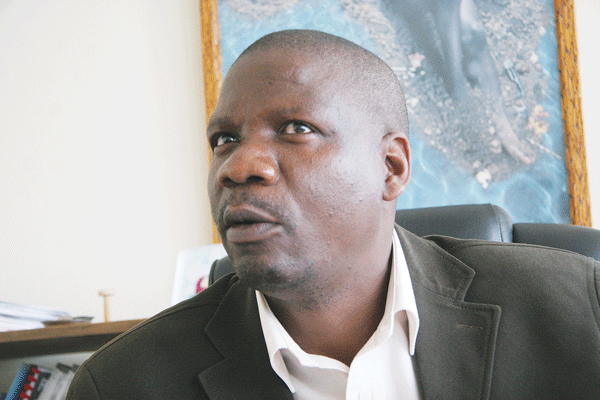
Industry says it is looking with keen interest at Zimbabwe’s plans to clear its overdue obligations to international financial institutions, a move which is expected to unlock fresh lines of capital.
BY NDAMU SANDU

Zimbabwe has promised to clear its arrears to the World Bank ($1,1 billion) and the African Development Bank ($601 million) by April.
“We need working capital and capital for retooling. Hopefully the clearing of the arrears puts us in positive light as far as other funders are concerned,” said Sifelani Jabangwe, Confederation of Zimbabwe Industries (CZI) vice-president.
Zimbabwe has been experiencing a liquidity crunch manifesting itself in cash shortages and delays in making foreign payments for raw materials. This has resulted in the shortage of goods as manufacturers struggle to import raw materials.
Jabangwe said the onset of the tobacco selling season was expected to inject liquidity into the economy. The season opens in March each year, although there are indications it could open earlier this year due to the liquidity challenges obtaining in the economy.
The CZI boss said if the country had access to lines of credit, it would lessen the liquidity challenges when the tobacco season ends.
He said the prevailing good rains would have a positive impact on two fronts: producing crops for value addition and putting money in the pockets of rural communities who would be able to buy products from industries.
- Chamisa under fire over US$120K donation
- Mavhunga puts DeMbare into Chibuku quarterfinals
- Pension funds bet on Cabora Bassa oilfields
- Councils defy govt fire tender directive
Keep Reading
Jabangwe said the outlook looked bright, especially as the Chamber of Mines was bullish in terms of production which would have a knock-on effect on the economy.
“Firstly, there will be an increase in exports which will generate more foreign currency. Secondly, there will be an increase in output, which will work out positively for industry,” Jabangwe said.
However, Zimbabwe Congress of Trade Unions (ZCTU) secretary general, Japhet Moyo said 2017 looked gloomy for the workers as companies were struggling to stay afloat.
“Business is struggling with risk challenges. We [the country] have not dealt with the challenges and they find it difficult to attract foreign partners. It has been a tall order with legislation like the Indigenisation Act,” he said.
The indigenisation legislation stipulates that at least 51% shareholding of all business operating in Zimbabwe with a net asset value of at least $500 000 should be in the hands of locals.
Moyo said ZCTU members struggled to get salaries in 2016 and there was no light at the end of the tunnel this year.
“2017 looks gloomy for now unless government undertakes reforms on pieces of legislation like the Indigenisation Act, deal with the country risk and provide cheap loans for industry,” he said.
In his 2017 national budget, Finance minister Patrick Chinamasa said the economy would make a turnaround from the slow mode to modest growth led by key sectors of mining and agriculture, benefitting from the anticipated normal to above normal rainfall.
“Overall GDP growth is, therefore, projected at a moderate 1,7% in 2017, also against the background of anticipated moderate improvements in international commodity prices, fruition of planned mining investments and benefits from the ease of doing business reforms.
But critics say the run up to next year’s harmonised elections would usher in unhelpful populist policies as the ruling Zanu PF goes for broke to retain power. In addition, infighting over President Robert Mugabe’s succession has seen economic issues receiving scant attention as factions tussle for power.











